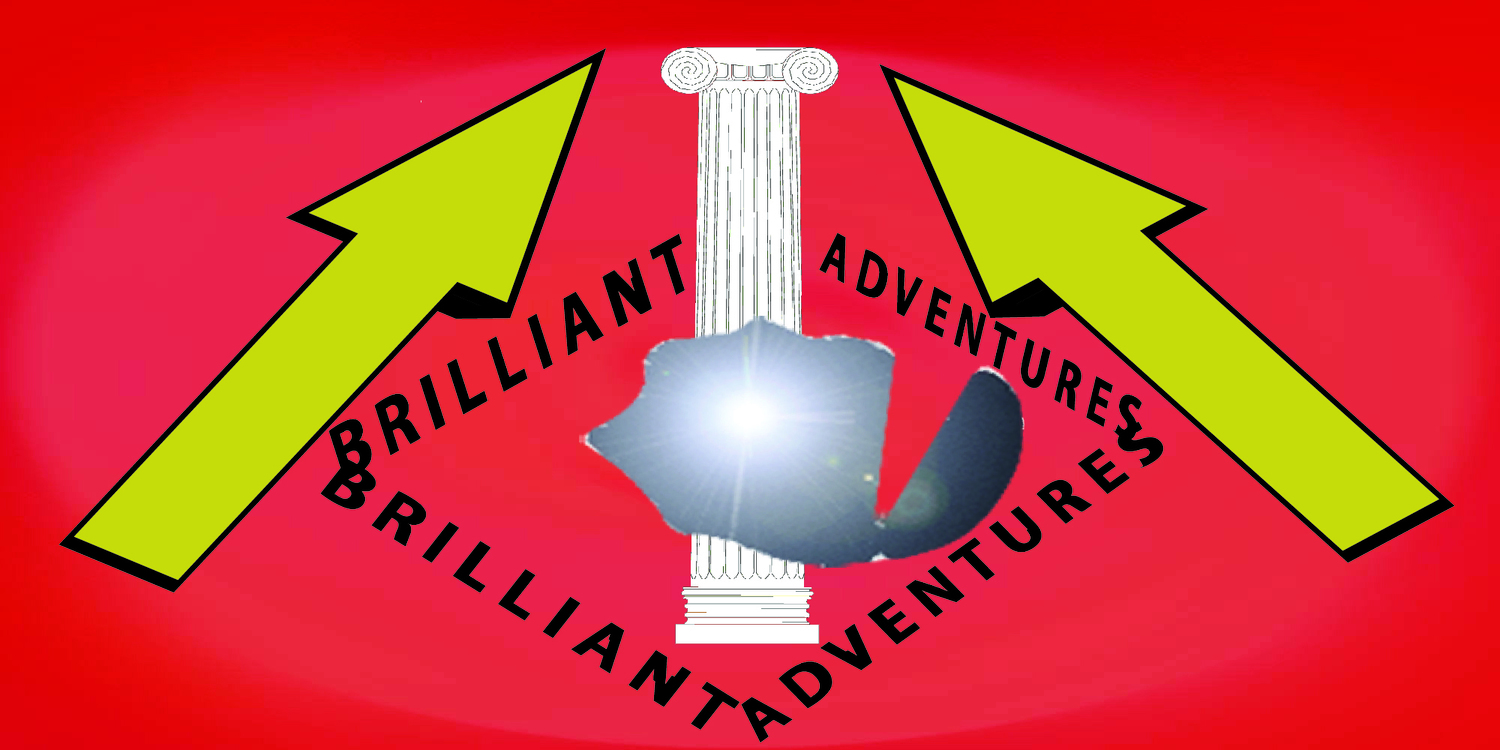In a week where journalists and industry did battle just to get in the door of an advance NYFF screening (many with a studio release in place: nothing wrong with that) as if it was La Stupenda (Joan Sutherland) at the Royal Opera Covent Garden, it was a blessed relief to attend conductor Richard Bonynge's (the late Sutherland's husband) Julliard School 'oasis of tranquility and excitement' masterclass where great art really was being made and encouraged. Scheduled participants Mario Chang and Pureum Jo cancelled due to illness and Hyesang Park and Elizabeth Sutphen had the start of their dream fulfilled. There's a full performance of the Sutherland/Bonynge Norma showing that Australian opera professionals were the equal of anyone else in the world even back in 1978. And there is really some great Bonynge Bellini simplicity in the Finale (a heartfelt urgency rather than the dying fall of many other interpretations). We all smiled (really at ourselves) when he gently urged one of the singers to follow his beat, "I may be wrong, but it is my tempo." It couldn't have been much fun for the maestro in his career oft being taunted for only getting the 'gig' because his wife was the star. How history has a way of erasing the philistines from the same page.
And even if Maestro Bonynge was ever wrong it's hard to believe that Bellini would have doubted his integrity. Checking the original score, Bellini never writes lento or piu espressivo, lamentoso, patetico even tenerezza in the opera's finale. He very simply does firstly ask for a lento, and then almost instantaneously, a tempo, then piu moderato with a calendo (an interpreted slowing), and at the very least a meno assai (less fast) but then again, an incalzando (hurrying) a crescendo. In layman's terms: Bellini asks that Norma doesn't have a little sob slowly pleading to her father. It isn't even a human rights issue. It is simply: being human.
Moreover, what Norma really feels is weeping buckets at the end of the opera but you can't sing bel canto and do that at the same time. Or can you?! No name dropping but a very famous and respected Broadway star once told me that in a certain play she had to do the lines over and over and over and over AND over again so she didn't weep and feel the pain. It's the audience who should feel the heartbreak. That's why Callas is so much more than even a legend.
One wishes that a full recording was released of Werner Schroeter's 2003 passionate Dusseldorf staging of Norma (there are tantalizing excerpts filmed by Alexander Kluge in his Schroeter doc). And 'they' weren't exactly beating down the doors to see a NYFF preview of the great Jean-Luc (Godard)'s Hail Mary (Je vous salue Marie) (1985) that 'arguably' has one of the most fascinating filmic uses of Mahler's 9th Symphony ever! So no doubt like-minds enjoyed the sheer brilliant Godard artistry in the NYFF associated retrospective: Passion was well-worth seeing again on the big screen and Nôtre musique. Not showing was Godard's contributon to Don Boyd's Aria: Lully's Armide that Godard (unhappy with the result) entirely re-shot at his own expense.



